It’s “Make-a-Will” month: Six Rivers board member, Andy Zale, is a financial planning professional and has very generously agreed to share some of his knowledge and experience in this brief article. If you would like to know more about leaving a gift to Six Rivers through your will, trust or estate plan, please contact Ashley Everhart, aeverhart@sixriversrlc.org.
The Vital Connection: Wills and Environmental Conservation
By Andy Zale, Board Trustee
When we think about leaving a legacy, our minds often drift to the tangible—homes, businesses, or financial assets. But there is a profound connection between estate planning and the preservation of our planet's future, a connection that's illuminated when we consider the work of conservation.
Why Making a Final Will Matters
Creating a final will is a critical step in ensuring that your wishes are honored after you’re gone. Without a will, the distribution of your estate is governed by the laws of your state, which might not align with your personal values or goals. A will allows you to specify who receives what, from your cherished family heirlooms to your financial assets. It is a tool for shaping your legacy and making a positive impact in areas that matter most to you.
The Power of Planned Giving
One impactful way to channel your values through your will is by including charitable donations. Many people don’t realize that their estate can support causes they care about long after they’ve passed. Environmental conservation non-profits, like Six Rivers Land Conservancy, which work tirelessly to protect our planet's ecosystems, wildlife, and natural resources, often rely on such contributions to continue their essential work.
By making a planned gift through your will you can leave your legacy on the land, contributing to:
1. Preservation of Natural Habitats: Non-profits often focus on protecting endangered species and restoring critical habitats. Your support can ensure that these efforts continue, benefiting future generations.
2. Slowing Development and Suburban Sprawl: Besides the obvious benefit of preserving natural habitats, preserving land has the added benefit of curbing suburban sprawl. By protecting land now, we are making a green belt for both people and animals for years to come. Your bequest can play an enduring part in these efforts.
3. Education and Advocacy: Environmental organizations often engage in education and advocacy to promote sustainable practices. Your legacy can help fund programs that raise awareness and drive meaningful change.
Crafting a Will with Impact
To create a will that reflects your values and supports causes you care about, follow these steps:
1. Define Your Goals: Think about the causes that resonate with you. Is it wildlife conservation, sustainable agriculture, or something more? Identifying your priorities will guide your choices.
2. Consult with Professionals: Work with an estate planner or attorney who can help you structure your will in a way that maximizes its impact and ensures it aligns with legal requirements.
3. Research Organizations: Investigate environmental non-profits to find those whose missions align with your values. Ensure they are reputable and efficient in their use of resources.
4. Specify Your Bequest: Decide whether you want to leave a specific amount, a percentage of your estate, or residual assets after other bequests have been fulfilled. Clearly state these in your will to avoid any ambiguity.
5. Review and Update: Life changes, and so may your priorities. Periodically review your will to ensure it still reflects your current wishes and values.
Leaving a Legacy of Stewardship
By including environmental conservation non-profits in your final will, you’re not just distributing assets; you’re investing in the future health of our planet. This act of stewardship ensures that your commitment to environmental sustainability endures beyond your lifetime. It’s a meaningful way to contribute to the well-being of our world and leave a legacy that aligns with your values.
In essence, making a final will isn’t merely about managing your estate—it’s about shaping a legacy that reflects what you cherish. By supporting environmental causes through your will, you help to safeguard our planet’s future, demonstrating a commitment to both present and future generations. In this way, your final will becomes a powerful tool for continuing the vital work of environmental conservation long after you're gone.
For more information about the ways you can leave a lasting impact on Six Rivers Land Conservancy by making a Legacy/Planned Gift visit the link below.
https://www.sixriversrlc.org/legacy-giving
Andy Zale


